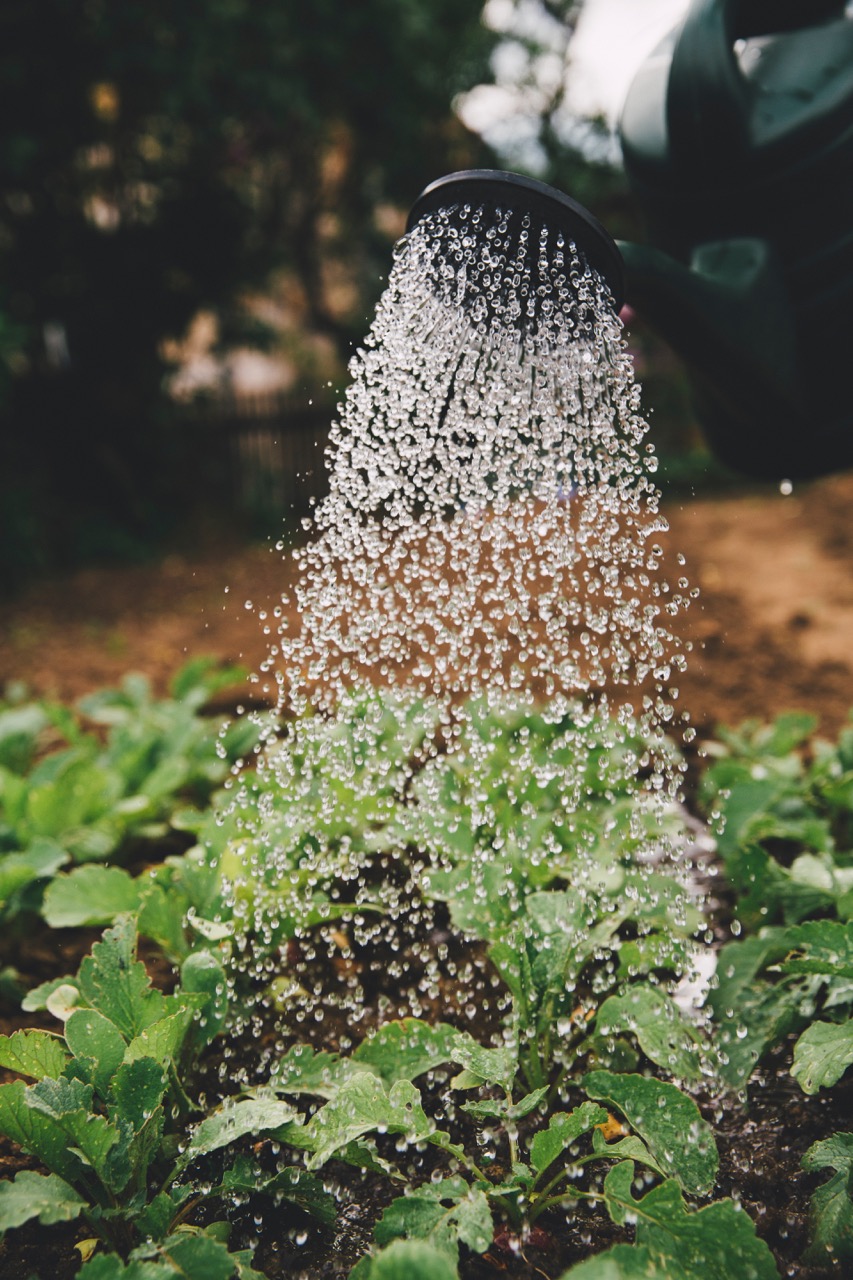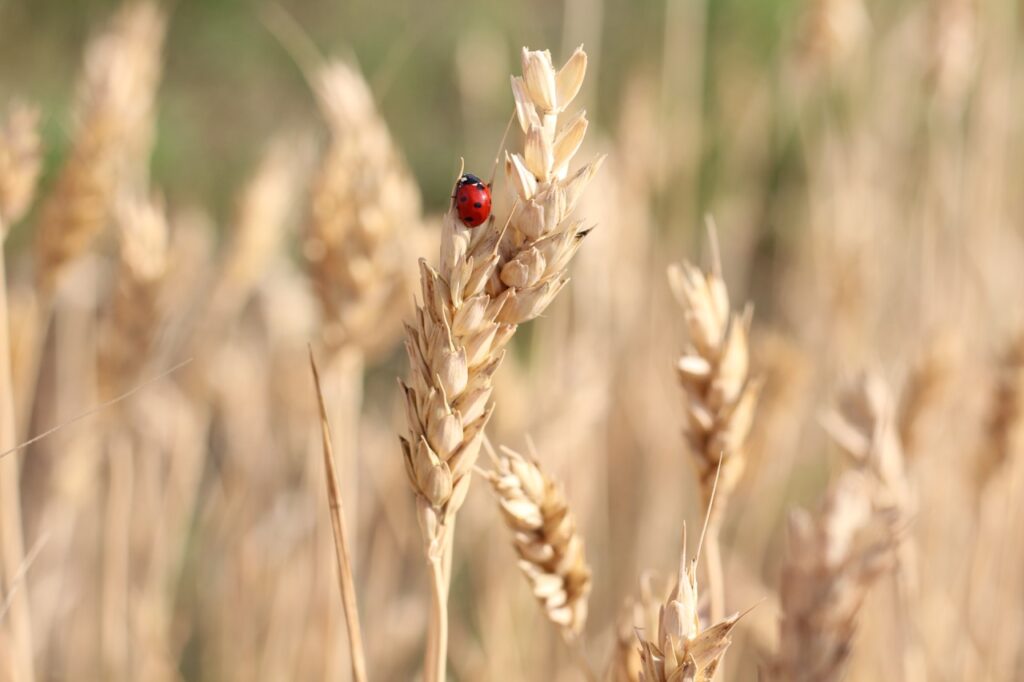
Organic food has become popular in recent years as consumers are more conscious of what they put in their bodies. So, what exactly is organic food, and why is it better for you?
At Gratitude, we have prepared answers to the most frequently asked questions about organic food.
What is organic food?
The term “organic” refers to how certain foods are produced. Organic foods have been grown or farmed without the use of artificial chemicals, hormones, antibiotics, or genetically modified organisms (GMOs). In order to be labelled organic, a food product must be free of artificial food additives, including sweeteners, preservatives, colouring, flavouring, and monosodium glutamate (MSG).
Organically grown crops tend to use natural fertilizers like manure to improve plant growth, while animals raised organically are not given antibiotics or hormones.
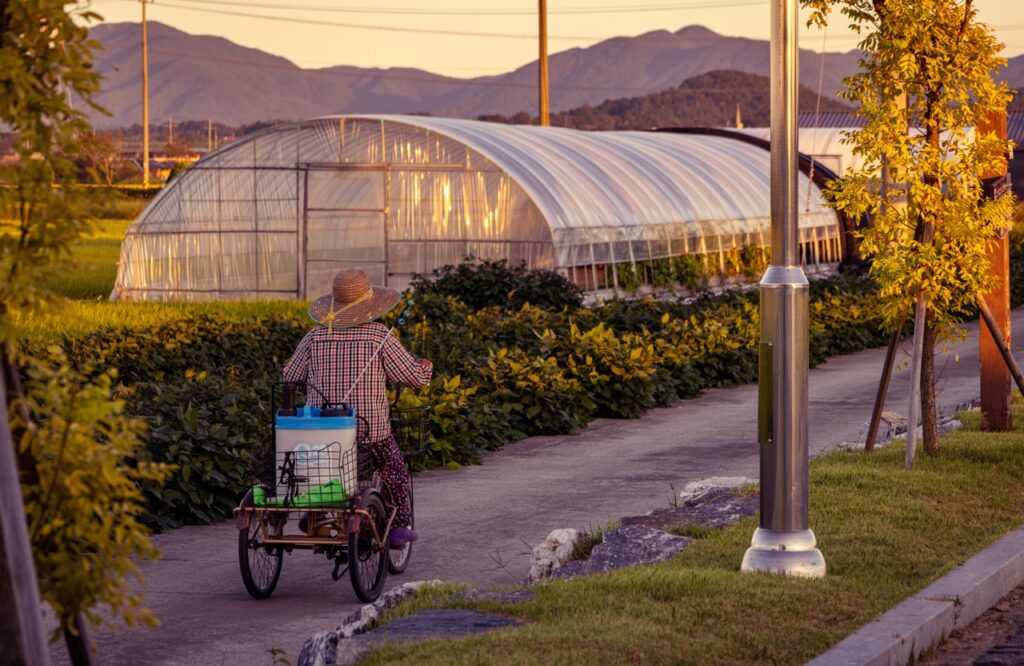
Why is organic food better for you?
Organic food has become increasingly popular in recent years, with many people opting for it as a healthier alternative to conventionally grown food. While research on the health benefits of organic food is still limited, some studies suggest that it may have certain advantages over conventionally grown food.
One of the main benefits of organic food is that it may contain more nutrients than conventionally grown food. Studies have shown that organic produce may have higher levels of certain antioxidants and flavonoids, which can have antioxidant properties. Organic meats, dairy, and eggs are often higher in heart-healthy omega-3 fatty acids.
Another advantage of organic food is that it may contain lower levels of toxic metals and pesticide residues. Organic farming practices prohibit the use of synthetic fertilizers and pesticides, which can result in lower levels of toxins in the soil and crops. As a result, organic grains may have lower levels of toxic cadmium than conventionally grown grains. Organic farming also tends to improve soil quality, conserve groundwater, reduce pollution, and may be better for the environment.
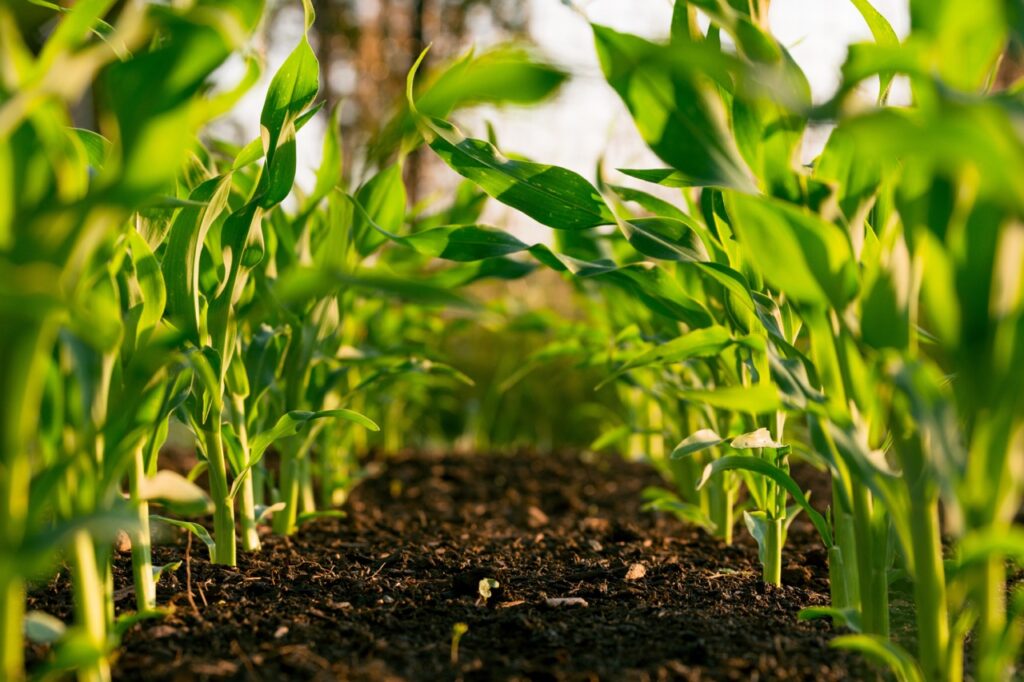
Where can you find organic food?
Organic food can be found at specialty health food stores and many mainstream grocery stores. You can also find organic food on our website where we offer many brands producing products free of artificial additives.
One of them is a wonderful confectionery and bakery Pocheraje. Their popular specialty is especially Sekulské drobné, traditional soft pastries made from sourdough, which were originally given out at weddings. Currently, Pocheraje emphasizes the use of high-quality and freshest ingredients from local suppliers in its preparation.
“In the production process, we do not add artificial flavorings or different types of substitutes,” describes the founder of the brand, Zuzana Albertini. “We are trying to return to first-class food, leaving room for the development of the flavor of the ingredients used. In addition, we are not in favor of unnecessarily extending the shelf life. We believe that it is in this way that we can bring our customers really tasty and high-quality Sekulské drobné, just like in the past.”

Is organic food worth the higher price?
Organic food is typically 50% less expensive than its organic equivalents due to the farming practices involved. Cultivating organic produce requires careful attention from farmers, who must use physical, mechanical, and biological methods to manage pests, weeds, and diseases instead of relying on pesticides. Since farmers can sell more meat and milk, they can charge less for their products. While organic food can be more expensive than non-organic food, many people believe that the health benefits and environmental advantages outweigh the cost. Additionally, organic food may be more nutritious than non-organic food. An example is organic fruits and vegetables, which may contain higher levels of certain nutrients and antioxidants.

How do I know if the food is organic?
Look for the EU logo for organic food on the packaging. In addition to the product composition, nutritional values, and BIO logo, the label should also contain the name of the manufacturer and distributor. The label should also include the name and numerical code of the national certification authority.


Another logo we recommend refers to the Institute for Environmental and Ethical Certification (ICEA). As an independent and qualified non-profit consortium, ICEA contributes to the sustainable development of organic farming through the inspection and certification of Italian companies in the field of ethical and environmental standards, protecting the dignity of workers and the rights of consumers. ICEA offers organic operators valid certifications for the world market, recognized by foreign certification bodies and accredited by national and international institutions. So far the consortium has released 21 000 certifications. The ICEA certification schemes do not focus on a particular area, but span across multiple fields, covering the food and non-food area.
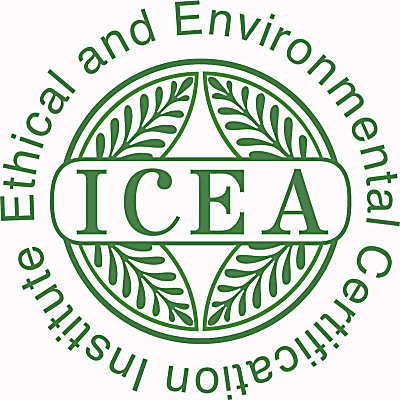
A similar alternative is the Vegan OK logo, which through the most rigorous standard document in the world guarantees the respect of sound ethical principles. They have been working to spread information and awareness on the vegan choice for more than twenty years and today, VEGAN OK is the most widespread ethical standard in the world. It counts more than 14,000 certified products and over 1,200 customers who, in the last 3 years, have reached a turnover of 2 billion euros worldwide. Their standard is present in the natural, food, and cosmetics sectors and is distributed throughout the world. VEGAN OK is recognized not only within all European countries but also in the United States, Russia, China, and other countries.
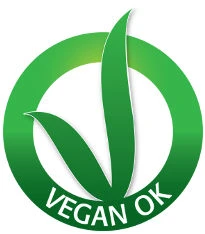
Organic products can also be marked with a QR code from Gratitude, which will tell you everything about the life cycle of the products, the ingredients they contain, and their suppliers. It thus guarantees high product quality and consumer protection.

